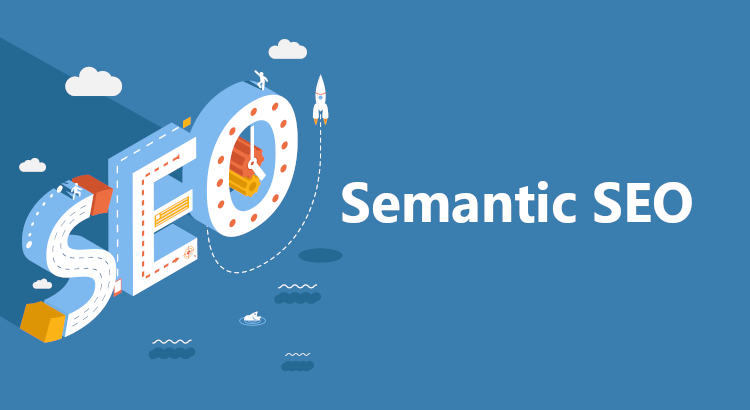In a competitive market, staying ahead requires an understanding of the latest trends and strategies. One such approach gaining prominence is semantic SEO. This article delves into the intricacies of semantic SEO, exploring its benefits, and providing actionable strategies for higher rankings.
What Is Semantic SEO?
Semantic SEO involves strategies aimed at improving the understanding of web content by search engines, particularly focusing on context, meaning, and user intent.
Unlike traditional SEO, which heavily relies on individual keywords, semantic SEO considers the broader context in which these keywords are used, making it more aligned with how search engines, especially Google, interpret and rank content.
Why Is Semantic SEO Important?
Take a look at the importance of semantic SEO.
1. Improves Search Experience for Users
Semantic SEO enhances user experience, pairing search terms with quality content that precisely answers queries for a more meaningful interaction.
2. Helps Google Understand and Rank Your Website Content Better
Detailed content and metadata improve Google rankings, aligning with SERP factors for better visibility in search results.
3. Presents Websites as Experts in Topic Areas
Semantic SEO establishes websites as topic authorities by addressing various subjects, gaining credibility and expertise in the eyes of users and search engines.
4. Increases Internal Linking Opportunities
Semantic SEO provides rich content, creating more chances for internal links that enhance SERP ranking and guide users through the buying funnel.
Related Article: Internal Linking for SEO: Tips and Best Practices
5. Increases Click-Through Rate and Engagement
Semantic SEO boosts engagement with strategic long-tail keywords, resulting in higher clickthrough rates and prolonged user exploration on the website.
6. Reduces Low-Quality Content Spamming Search Engines
Semantic SEO discourages keyword-focused, low-quality content, aligning with search engine preferences for informative, valuable content that genuinely addresses user queries.
7 Semantic SEO Strategies for Higher Rankings
1. Optimize for Keyword Clusters
Optimize web pages for multiple keywords within the same semantic cluster. By leveraging Google’s semantic capabilities, this strategy increases the content’s relevance and broadens the scope of potential organic clicks.
2. Improve Topical Depth and Length of Content
Increase content length for stronger semantic signals. Provide in-depth, nuanced information on the topic, correlating with higher-ranking positions and meeting user expectations for comprehensive exploration.
3. Include Synonyms & Related Terms
Enhance content with synonyms and related terms. While not direct ranking factors, these additions in titles, meta descriptions, and headings improve topical depth, readability, and semantic signals for search engines.
4. Answer People Also Ask Questions
Boost semantic depth by addressing common questions related to the primary keyword. Leveraging Google’s “People Also Ask” feature not only enhances semantic signals but also increases the chance of ranking above position 1.
5. Add Structured Data
Utilize structured data to convey content meaning directly to search engines. Clear information about product details, categories, and attributes enhances the content’s purpose, providing unambiguous signals for better search visibility.
6. Use Content Optimizer Tools
Streamline the identification of semantically related terms with content optimizer tools. These kinds of semantic SEO tools quickly enhance topical depth by suggesting relevant terms, ensuring efficient and effective semantic SEO implementation.
7. Build Out Topic Clusters on Your Website
Focus on topic clusters, grouping content around a central theme. Improve semantic SEO signals, increase keyword rankings, and establish authority by interlinking articles within a broader topic cluster, reinforcing your website’s topical expertise.
The multiple articles, each optimized for specific keyword clusters, are interconnected through links leading to a central “pillar page” concentrated on the overarching theme of link building.
Wrapping Up
Semantic SEO goes beyond traditional keyword optimization, focusing on meaning, language, and search intent. By incorporating these strategies into your SEO efforts, you not only align with the evolving algorithms of search engines but also position your website as an authority on various topics.


